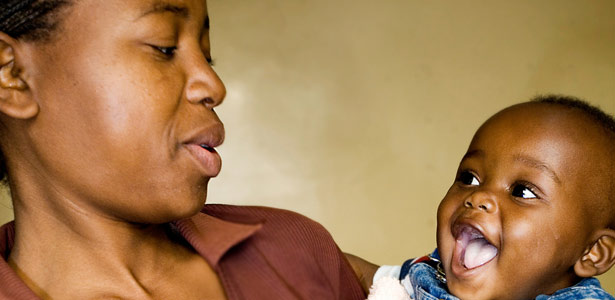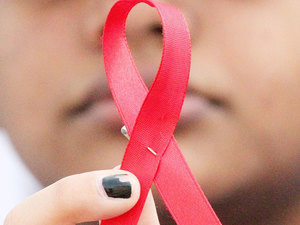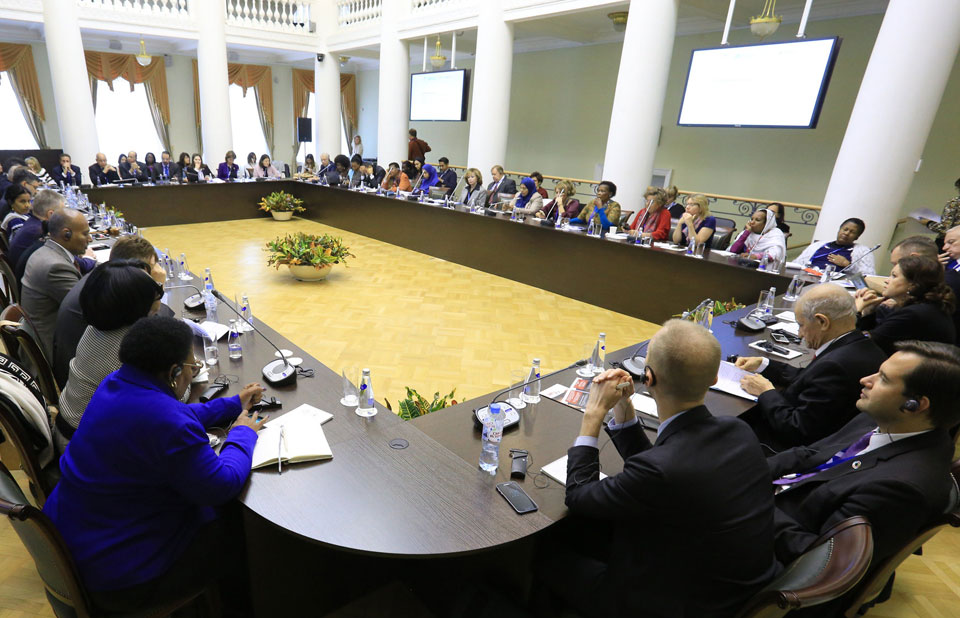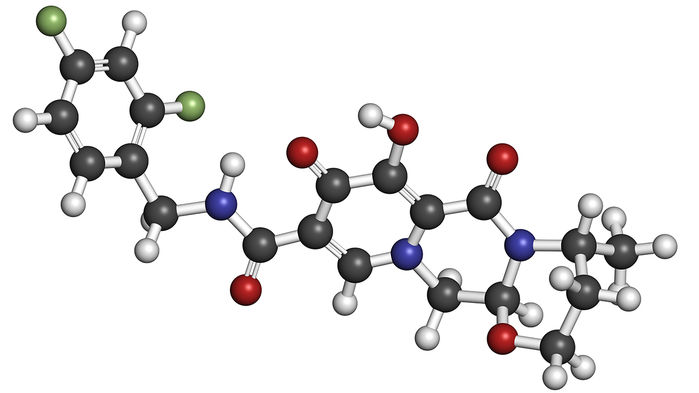Two major studies presented at the recent International AIDS Conference in Vancouver highlight the importance of peer and community interventions in improving outcomes for mothers living with HIV. Support to ensure timely access to prevention of mother to child transmission (PMTCT) services and encouragement to stay in care are central to this.
One study evaluates the mothers2mothers (m2m) mentor model with mothers living with HIV in six sub-Saharan African countries where Option B+ (treatment provided for life for pregnant and breast-feeding women) has been adopted. Mentor mothers are trained to support others through the PMTCT process. The control groups, who had no access to this support, had a retention rate of 63.6% a year after starting treatment, compared to 90.9% among the m2m groups.

The evaluation revealed that the m2m mothers were more able to cope independently and had higher HIV disclosure and safer sex self-sufficiency compared to the control group. The m2m model also resulted in a considerable increase in access to PMTCT services, greater ability to cope with HIV and improved psychosocial wellbeing.
We should not underestimate the role of both health-based and psychosocial services for pregnant women and mothers in eliminating mother to child transmission. The need for consistent community and peer support should be prioritised.





